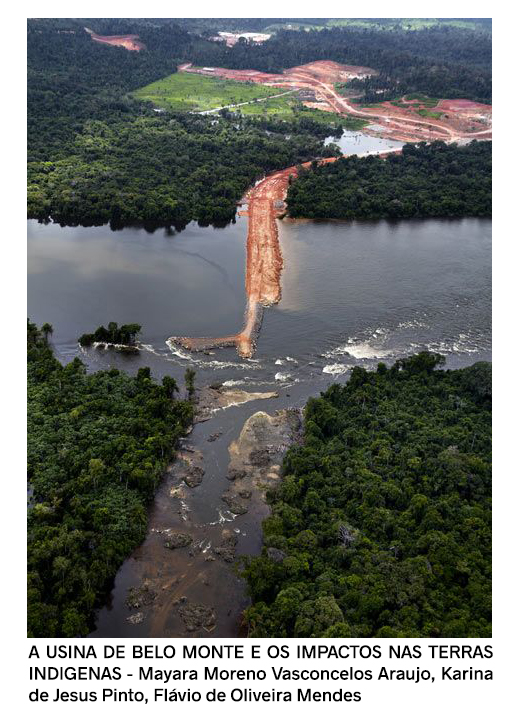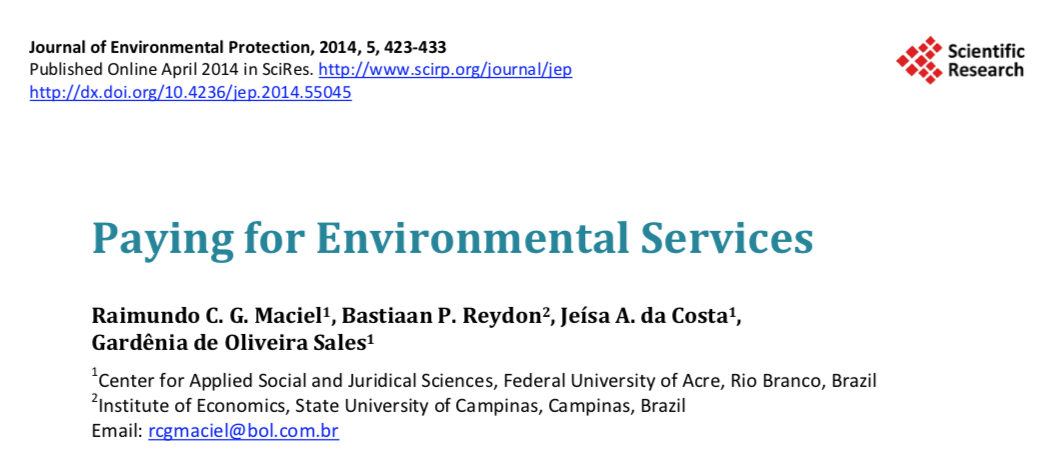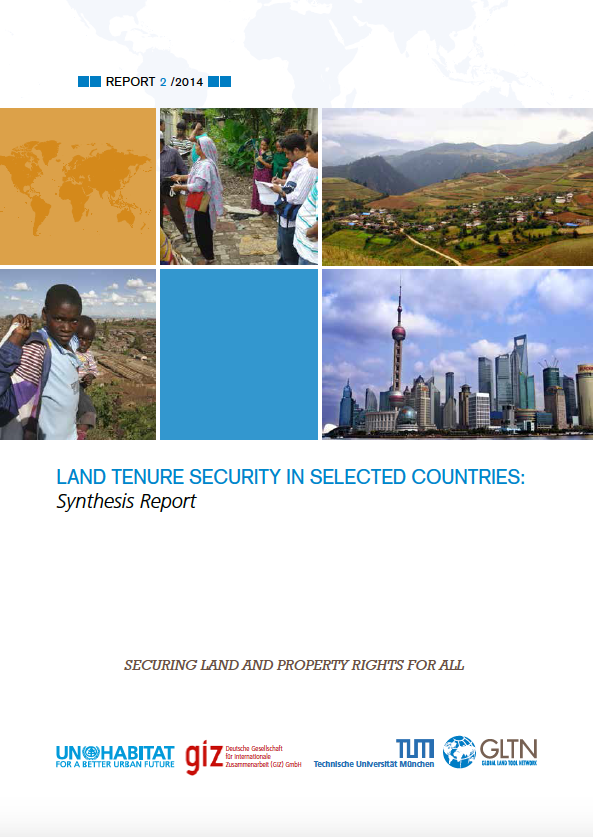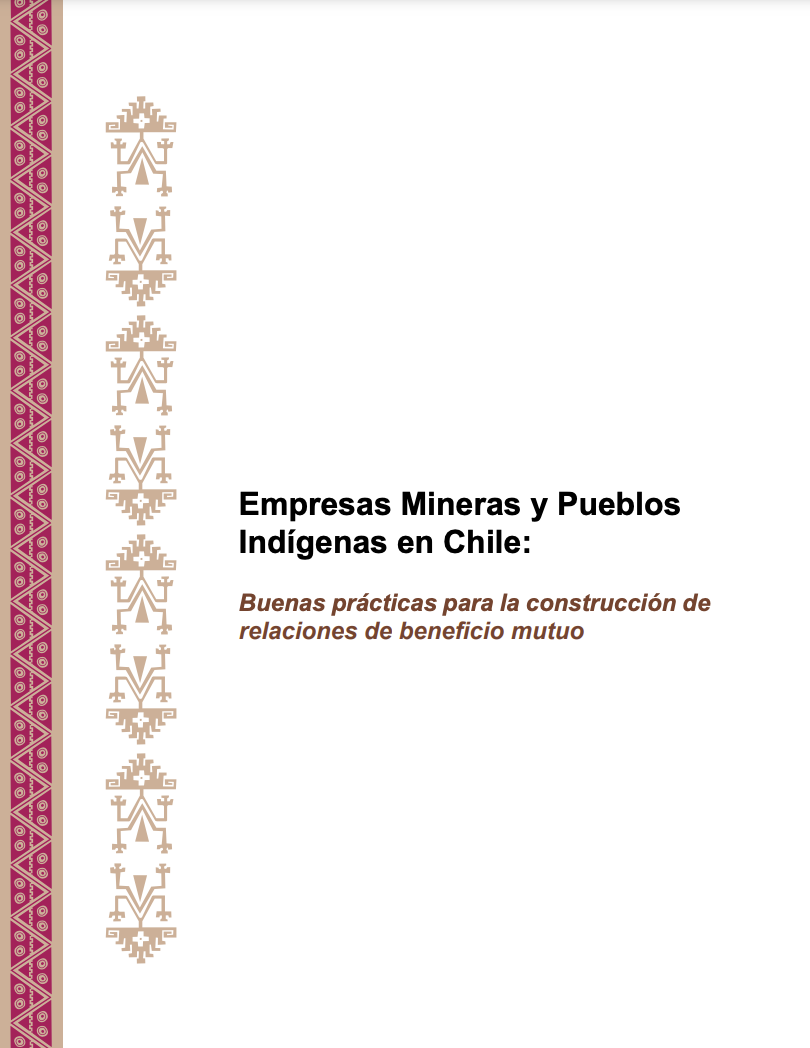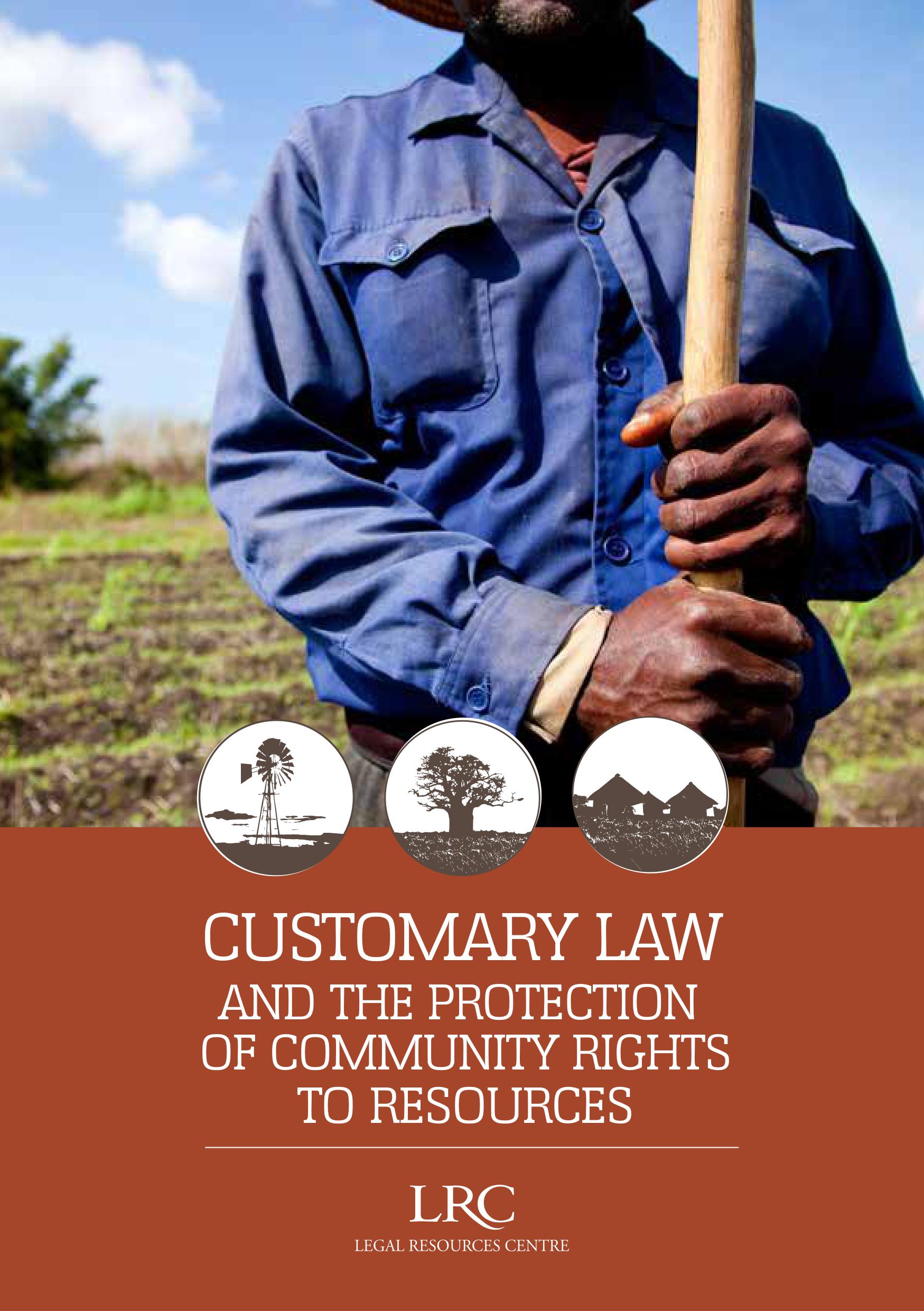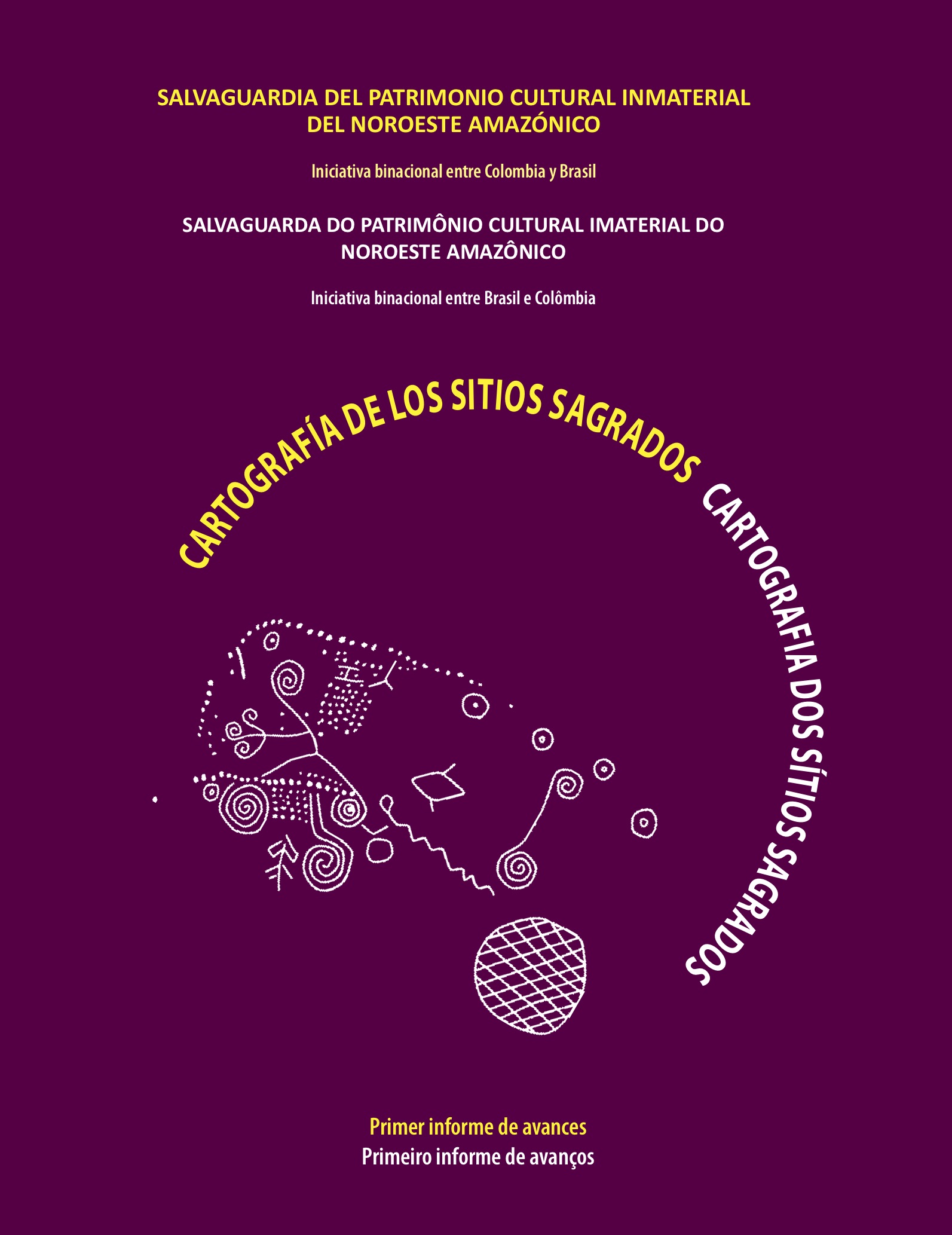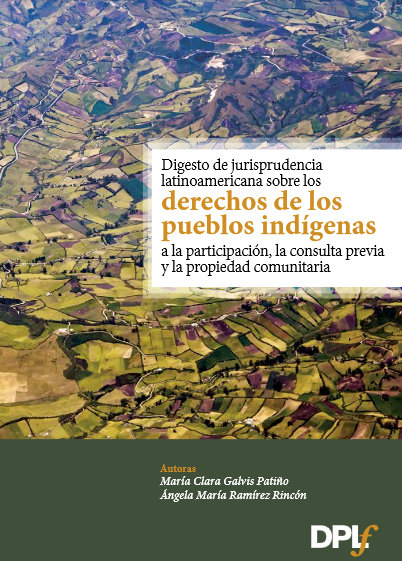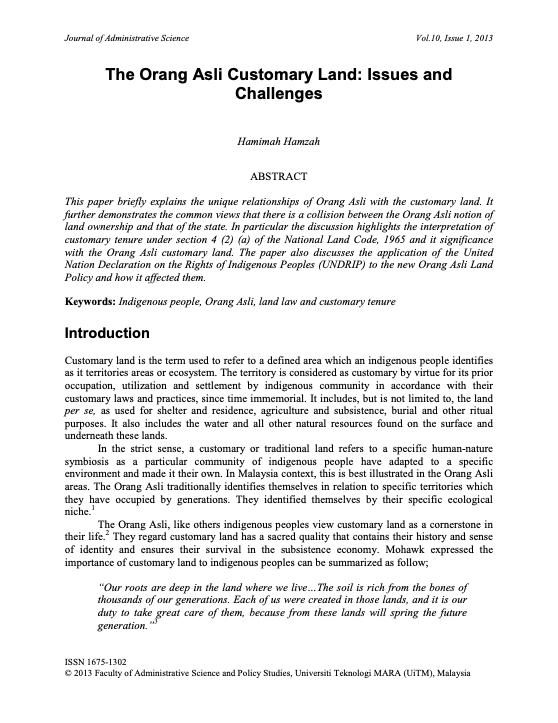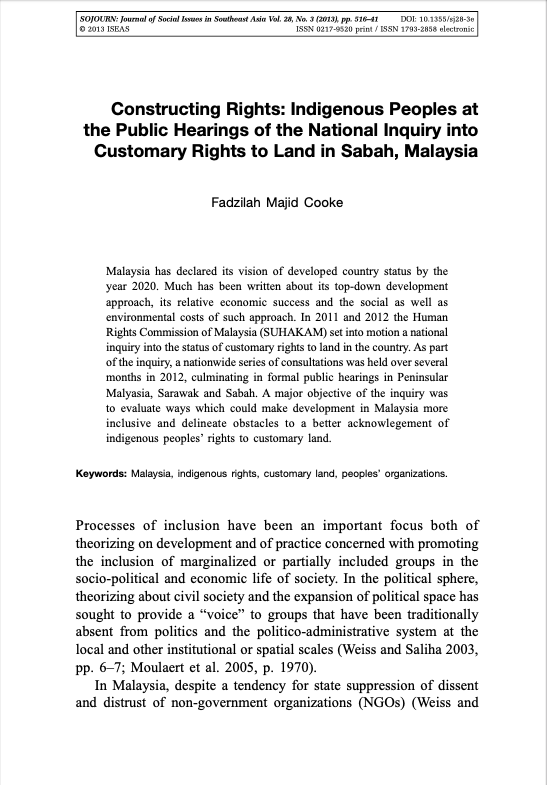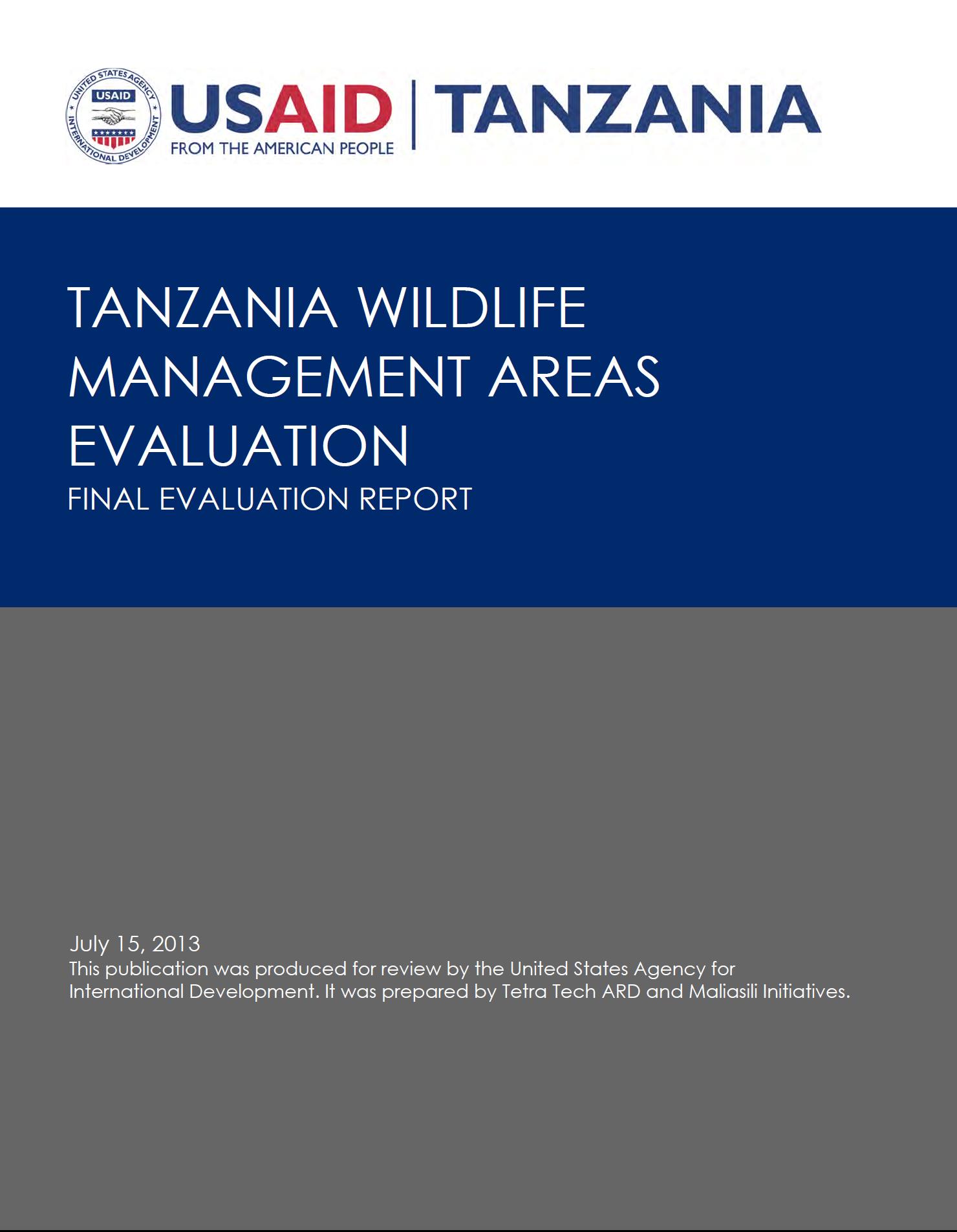The capacity of local communities to monitor biodiversity and resources in Madagascar, Nicaragua, Philippines and Tanzania
This case study focuses on the capacity of local communities to monitor biodiversity and resources in Madagascar, Nicaragua, Philippines and Tanzania. It makes a controlled comparison between local community monitoring and trained scientists’ monitoring and conclude that local and indigenous communities generate similar and equally good outputs as the trained scientists, and are much more cost efficient. The cases suggest that it is fully possible to build a cheap and effective MRV system based on community monitoring of Non-Carbon Benefits



